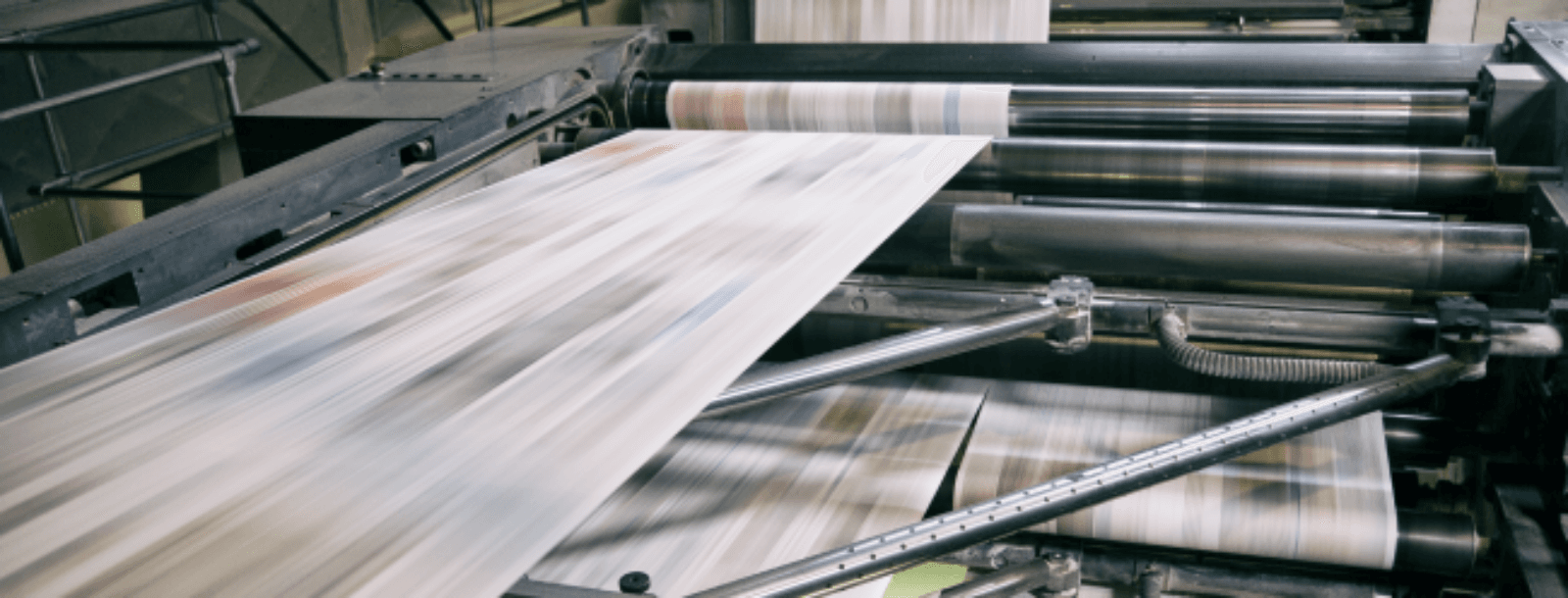The Gold Goes to...
The winners of the 2019 AAAS Kavli Science Journalism Awards

What a year it was for science journalism. Entrants for the 2019 AAAS Kavli Science Journalism Awards were nothing short of spectacular, making those selected as this year’s winners all the more notable. There were more than 1,100 entries from 47 countries.

Winning entries covered a range of science news from local reporting on the status of Puget Sound’s killer whales and the degradation of soils in a region of France to development of technology that enabled astronauts to land on the moon and a trio of stories on how fierce loyalty to the prevailing hypothesis on the origin of Alzheimer’s disease likely has hampered progress toward a cure.
Gold and Silver awardees were selected by an independent panel of journalists in each of eight categories. And the gold award goes to…
Large newspaper (circulation of 150,000 or more)
Lynda Mapes, Steve Ringman, Ramon Dompor, Emily Eng and Lauren Frohne of The Seattle Times for the “Hostile Waters: Orcas in Peril” series on the plight of killer whales: “Orcas thrive in a land to the north -- Why are Puget Sound's dying?”, “Hunger: The decline of salmon adds to the struggle of Puget Sound’s orcas” and "The roar below: How our noise is hurting orcas’ search for salmon."
Small newspaper (circulation of 150,000 or less)
Erica Evans of Desert News for her coverage of Salt Lake City’s grpwng air pollution problem: "Does Norway hold the key to clean air?", "Winter is coming and so is bad air" and "The politics of clean air."
Magazine
Maryn McKenna, of The New Republic, who took a comprehensive look at the global history of public health and disease outbreaks: "The Plague Years: How the rise of right-wing nationalism is jeopardizing the world’s health."
Video spot news/feature reporting (20 minutes or less)
Mairead Dundas and Marina Bertsch who tackled the issue of top soil disappearance in the France 24 video: "Dying soil: An invisible crisis at our feet."
Video in-depth reporting (more than 20 minutes)
Duncan Bulling, Caterina Turroni, Richard Bradley and Chris Schmidt for "The Next Pompeii"– a NOVA production by Lion Television for WGBH Boston in association with ARTE France.
Audio
Rory Galloway and Geoff Marsh of BBC Radio 4 for their thought-provoking questions and a deeper look at the physiology of time perception by different species: "A Sense of Time."
Online
Sharon Begley of STAT for a trio of stories on how a hypothesis on Alzheimer’s could be hampering progress for a cure: "The maddening saga of how an Alzheimer’s ‘cabal’ thwarted progress toward a cure for decades," "How an outsider in Alzheimer’s research bucked the prevailing theory — and clawed for validation" and "As Alzheimer’s drug developers give up on today’s patients, where is the outrage?"
Children’s science news
Lindsay Patterson, Marshall Escamilla and Sara Robberson Lentz of Tumble, a science podcast for kids, for "The Science of Whiskers" and "The Cave of the Underground Astronauts."
Be sure to check out the full list of Silver award recipients and their impressive science news coverage from around the world.
The 2019 AAAS Kavli Science Journalism award winners will be celebrated February 14, 2020 at the AAAS annual meeting in Seattle, Washington.